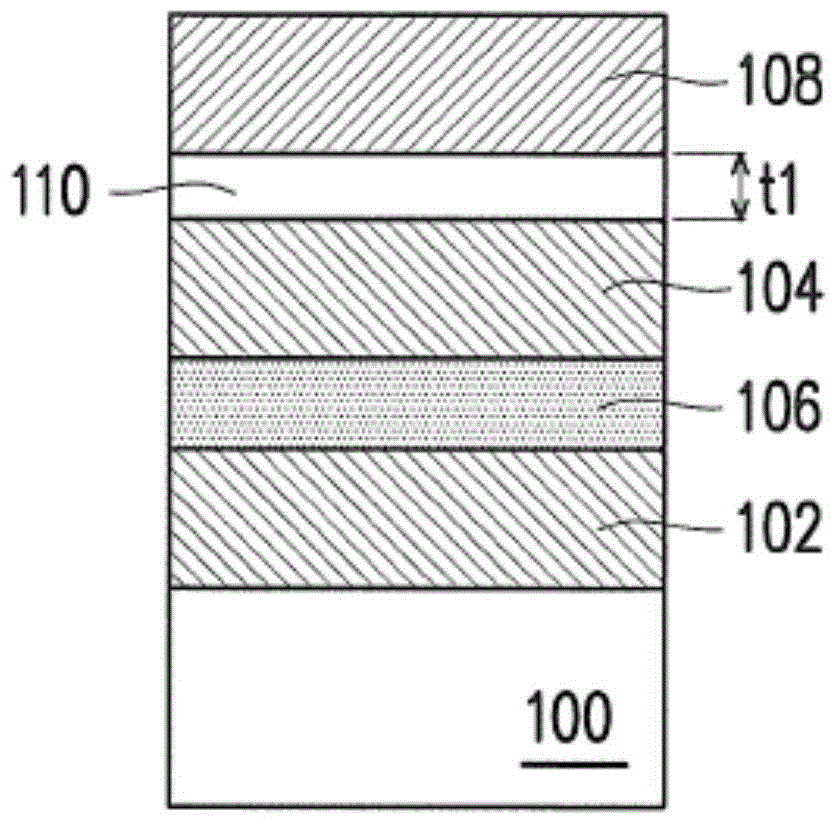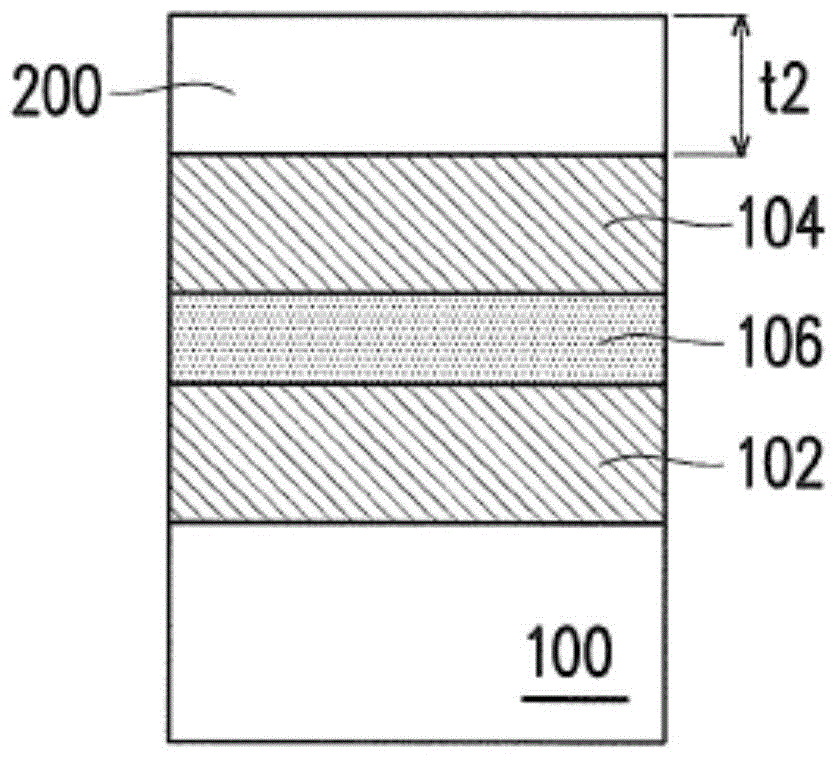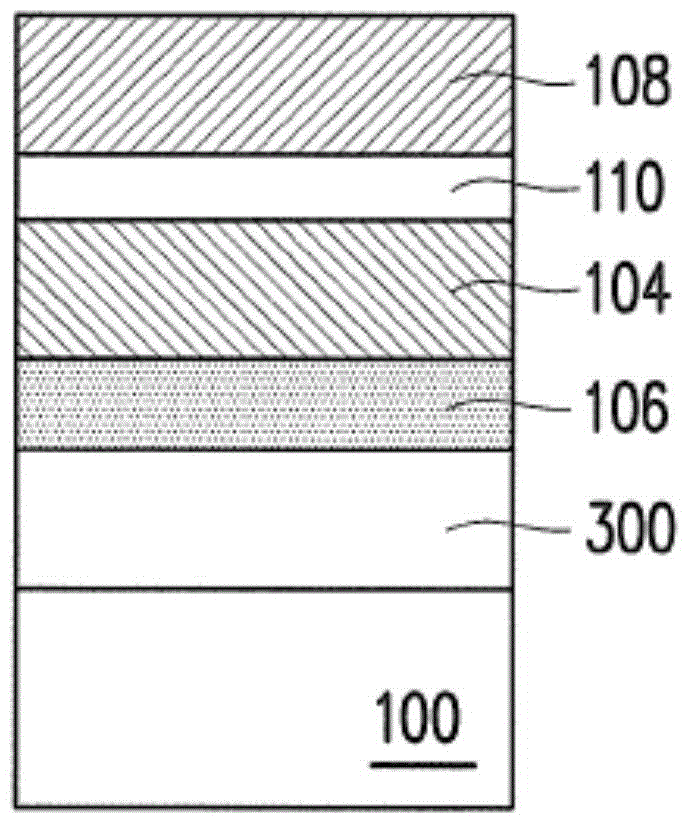Resistance-type random access memory
A resistive random access memory technology, which is applied in the direction of electric solid-state devices, circuits, electrical components, etc., can solve the problems of memory conductivity impact, deterioration, and affecting reset yield, etc., to inhibit the diffusion of oxygen ions and improve transparency. The effect of light rate
- Summary
- Abstract
- Description
- Claims
- Application Information
AI Technical Summary
Problems solved by technology
Method used
Image
Examples
Embodiment Construction
[0029] In order that the concept of the invention may be more fully appreciated, reference is made herein to the accompanying drawings, in which embodiments of the invention are shown. However, the invention may also be practiced in many different forms and should not be construed as limited to the embodiments set forth below. Rather, the embodiments are provided only so that the present invention will be thorough and complete, and will fully convey the scope of the invention to those skilled in the art.
[0030] In the drawings, the size and relative sizes of layers and regions may be exaggerated for clarity.
[0031] figure 1 is a schematic cross-sectional view of a resistive random access memory according to the first embodiment of the present invention.
[0032] exist figure 1 In the example, the RRAM on the substrate 100 includes a lower electrode 102 , an upper electrode 104 and a transition metal oxide (TMO) layer 106 between the upper electrode 104 and the lower ele...
PUM
| Property | Measurement | Unit |
|---|---|---|
| thickness | aaaaa | aaaaa |
| thickness | aaaaa | aaaaa |
| thickness | aaaaa | aaaaa |
Abstract
Description
Claims
Application Information
 Login to View More
Login to View More - R&D
- Intellectual Property
- Life Sciences
- Materials
- Tech Scout
- Unparalleled Data Quality
- Higher Quality Content
- 60% Fewer Hallucinations
Browse by: Latest US Patents, China's latest patents, Technical Efficacy Thesaurus, Application Domain, Technology Topic, Popular Technical Reports.
© 2025 PatSnap. All rights reserved.Legal|Privacy policy|Modern Slavery Act Transparency Statement|Sitemap|About US| Contact US: help@patsnap.com



